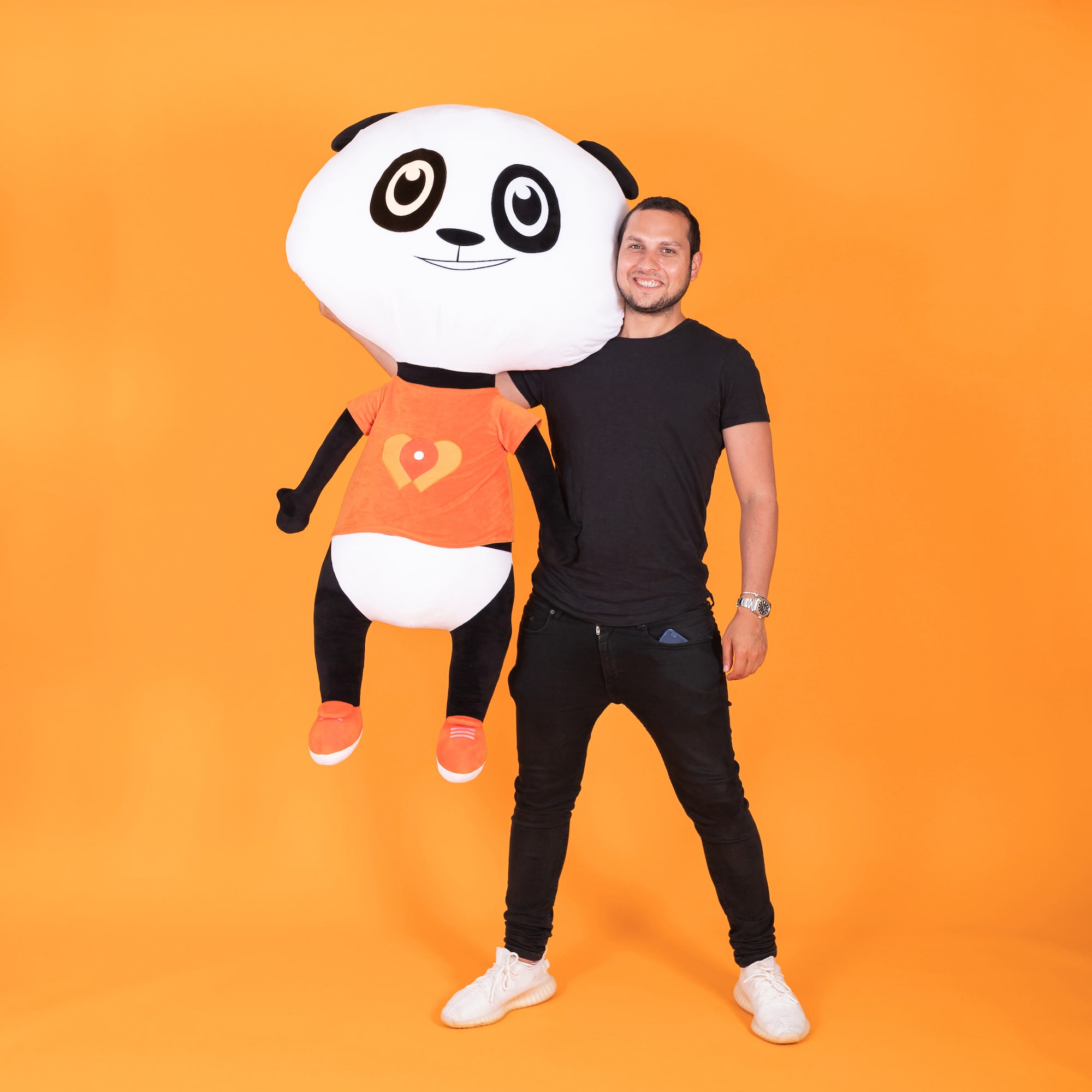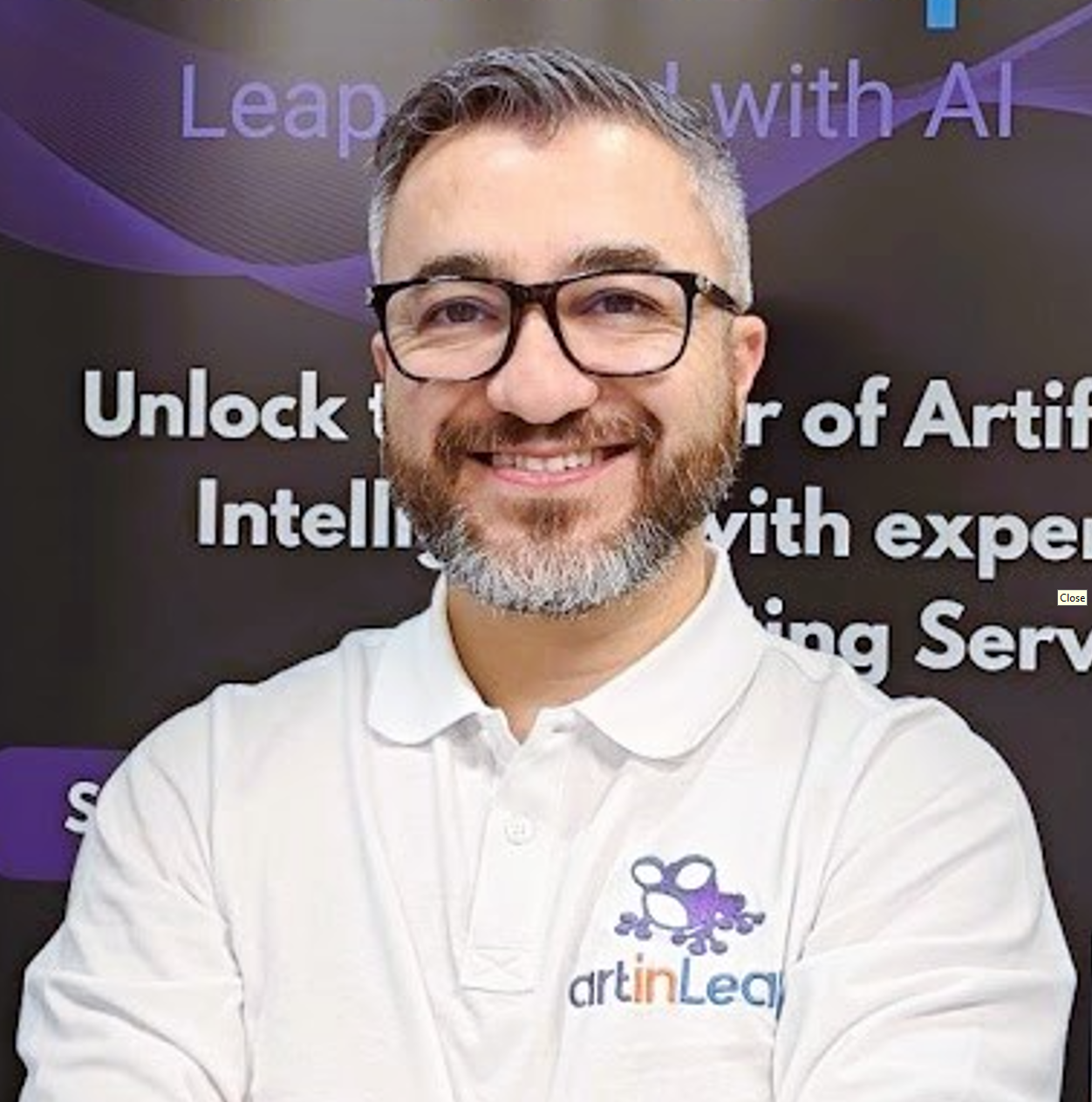Interview with Yves Benchimol, Co-Founder and CEO of WeWard for EntrepreneurIA
By Pascale Caron
Yves is a visionary entrepreneur, a graduate of École Polytechnique and the University of California, Berkeley. Now based in the United States, he leads WeWard, a French startup founded in 2019 with a clear mission: to encourage people to walk more by offering them tangible rewards. In just five years, the app has become a major player in promoting soft mobility and revitalizing city centers, with over 20 million users across thirty countries. In 2023, WeWard celebrated a major milestone by redistributing 10 million euros to its users and 600,000 euros to partner charities. In this interview, he shares the story and mission of WeWard and how he has integrated artificial intelligence into the company’s operations.
Can you tell us about WeWard?
It’s a mobile app we created in 2019 to encourage people to walk. To do this, we offer rewards for every step taken. The concept is simple: the more you walk, the more you earn “Wards,” a virtual currency that you can then convert into euros, shopping vouchers, or even donations to charitable organizations. We also offer challenges, friend competitions, and geo-localized deals that encourage users to discover local businesses or cultural sites. Today, WeWard has more than 20 million users across thirty countries, with offices in Paris and New York. Our mission is to combat sedentary lifestyles, promote soft mobility, and revitalize city centers by reconnecting people with their local environment.
What motivated you to integrate AI, and what impact has it had?
In our field, motivating people to adopt healthy habits is complex because it touches on human behavior. AI allows us to better understand and anticipate these behaviors. By analyzing user practices, we can tailor the experience in real time, offering rewards or challenges that match their preferences, motivating them to stay active. The impact has been significant, as AI makes us more responsive and personalized, and this approach is visible at all levels, from enhancing user experience to optimizing our international expansion.
What concrete solutions have you implemented, and which have proven most effective?
In customer support, for example, AI plays an essential role in analyzing user profiles and history, helping us provide quick and tailored responses. This enables us to handle a high volume of requests while maintaining quality in our interactions. We use DeepL to translate our content into over ten languages, which is crucial for expansion. In marketing, AI helps us produce and duplicate videos and articles in multiple languages and formats, allowing us to run campaigns adapted to the cultural specifics of each market.
AI also helps improve our internal organization. We record and index our meetings, creating a searchable knowledge base, enabling everyone to quickly retrieve relevant information. For example, we want to ask questions like, “What was last month’s revenue?” and get a precise answer, simplifying exchanges and decision-making. We are currently evaluating solutions for this part.
AI is often seen as a cultural challenge in companies. How did this go at WeWard?
Our team is young and open to innovation, so AI was well received. But we wanted to push adoption even further by organizing a hackathon. This type of event allows everyone to experiment with AI related to their own tasks. We form teams where each group brings together an engineer who can handle AI models and colleagues with business needs. This creates an incredible dynamic, as people see directly how AI can simplify their work. For example, some came up with solutions to automate recurring tasks that the management team might not have thought of.
What were the main technical challenges you encountered in implementing these solutions?
There are many. The first is collecting and structuring quality data so that AI works effectively. Then, cost is a significant factor, especially for tasks like customer support, where thousands of messages need to be continuously analyzed. Although AI can automatically respond to certain questions, human validation is still needed to ensure the relevance and accuracy of the answers.
Have you observed any changes in team dynamics?
Absolutely. A great example is a team member who used AI to automate the weekly setup of gifts available on the app. Previously, she spent hours each week configuring these gifts, translating and adapting them for each country. She developed a prompt over two or three days, and now generates these offers automatically, in all languages and for each region. This automation saves her a half-day of work each week. This type of initiative encourages others to identify repetitive tasks they could automate, fostering a real spirit of innovation.
For an SME still hesitant to adopt AI, what advice would you give?
The main thing is to start. AI is accessible to all companies, even the smallest ones, and can truly transform operations. Organizing a hackathon is a great way to get started: it’s simple, fun, and helps identify concrete use cases by involving employees from the start. Additionally, for those lacking technical expertise, seeking support is a good way to ensure data is well-structured and solutions genuinely meet company needs. With a well-framed approach, you can start seeing results in six months to a year.











